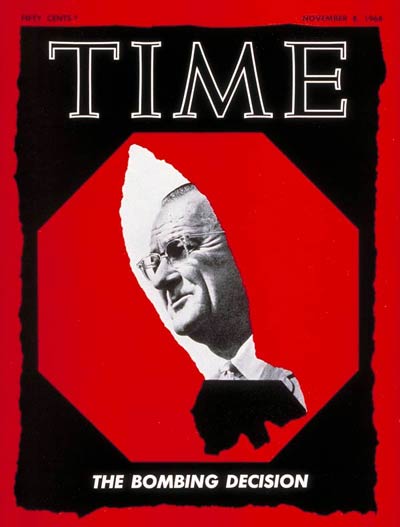
You may have heard of the ‘October Surprise,’ a news story that bursts onto the public consciousness shortly before Election Day. Legend has it this sort of event can swing votes and sway electoral outcomes. The legend’s propagators — pundits, mostly — sift through the news all October long, searching for that one event worthy of being declared the October surprise. Only this October, the surprises kept ducking and bobbing the punditry like a game of Whac-A-Mole. No sooner than one story had made front page news, a rival story bumped it to page two. As October draws to an end, consider just a few of this season’s contenders.
Nominations kicked off in late September, with Barack Obama’s declaration of airstrikes against Islamic State of Iraq and Greater Syria (ISIS). Ebola stole the show as a patient in Dallas transmitted the virus to two nurses. ISIS came roaring back with an assault on the Syrian village of Kobani, until the interagency tussle over Ebola quarantine protocols got top billing. Then there were the dark horses: Secret Service slip-ups, plummeting oil prices, “dark money” swamping the campaign trail. As late as Wednesday, a headline on CBS News pleaded, “Why aren’t gas prices the Democrats’ October surprise?”
“We’re up to our necks in them,” wrote syndicated columnist Bob Franken, a seasoned pundit who has previously tried to retire the phrase as an outdated relic from a cynical era. Surely there are more rational ways to interpret the news than to fixate on events that immediately precede election day, as if the voting public had the collective memory of a goldfish. So the legend’s refusal to go away raises an important question: Where did it come from and why won’t it die?
It has been traced to various sources. Former New York Times columnist William Saffire recalled hearing the phrase uttered by a Nixon aide in the run-up to the 1968 presidential election. The aide predicted that president Lyndon Johnson would announce an end to hostilities in Vietnam, thereby boosting public support for democratic nominee Hubert Humphrey. At the close of October, the announcement came with great fanfare, taking the cover of TIME on November 8, as seen above.
It also appeared to confirm the Nixon aide’s suspicions, which by then were referred to in shorthand as the “October surprise,” according to Saffire. Historians have offered alternative narratives, some tracing the invention of the phrase to George H.W. Bush on the 1980 campaign trail.
Whoever coined the phrase, it didn’t come into popular use until 1980, when Reagan supporters began invoking it with rising alarm. Jimmy Carter, they insisted, would spring an announcement on the public shortly before election day. The announcement would relate to some modest policy achievement overseas. Carter would inflate its significance and rally voters to his side. They called it the “October surprise” and an early instance of that use was recorded by TIME in the July 28, 1980, issue.
It might have ended there, but the phrase resurfaced again in September. “The Reaganites talk nervously, and sarcastically, of an ‘October surprise,’” read one account from a TIME reporter. By October, it had become a common refrain. “All the Republicans now believe” it, read one story in TIME. A second story in the same issue noted that Republicans were “setting aside much of their warchest and buying up television time in advance in order to respond to an ‘October surprise’ by the President.”
With such a dramatic build-up, it’s no wonder that the phrase stuck after Jimmy Carter announced, as if on cue, the impending release of 52 American hostages from Iran. However, the release wouldn’t take place until after the inauguration, spawning competing theories that the announcement was timed to help Carter, while the release date was timed to help Reagan.
After that, the phrase took on a conspiratorial hue, referring to any event staged by a campaign to manipulate voters. Through gradual use, however, the phrase lost its potency. Today, it can refer to any surprise at all that falls within the calendar month of October. In short, it became a superstition. Anyone who has a Rube-Goldberg-like ability to connect world events to the electoral prospects of candidate so-and-so can play along. This month, the game was irresistible.
Read TIME’s 1968 cover story about Lyndon Johnson’s original October Surprise, here in the archives: The Bombing Halt
More Must-Reads From TIME
- The 100 Most Influential People of 2024
- The Revolution of Yulia Navalnaya
- 6 Compliments That Land Every Time
- What's the Deal With the Bitcoin Halving?
- If You're Dating Right Now , You're Brave: Column
- The AI That Could Heal a Divided Internet
- Fallout Is a Brilliant Model for the Future of Video Game Adaptations
- Want Weekly Recs on What to Watch, Read, and More? Sign Up for Worth Your Time
Contact us at letters@time.com